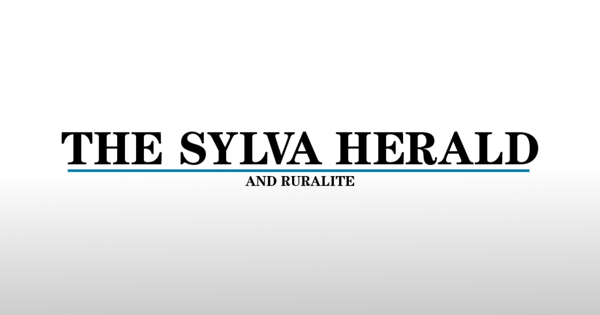
Residents of rural Appalachia have a debt problem, but it is not one of their own making.
A study from the Consumer Financial Protection Bureau found residents of rural Appalachia are far more likely to be subjected to higher interest rates and have fewer credit opportunities than residents living elsewhere, including other rural areas.
The investigation found that those living in the regions studied have lower wages than consumers in other rural areas and experience greater levels of subprime credit.
Those circumstances lead to real world impacts for working families.
“It’s interesting to see the statistics back up what we see every day,” said Brooke Smith, assistant director of Mountain Projects.
Smith was nonetheless surprised by the statistics noting that rural Appalachia was disproportionately affected.
Subprime lending occurs when banks extend credit to those who may be a credit risk typically with credit ratings below 640. Subprime loan, particularly mortgages, interest rates are often adjustable meaning the rate is subject to increase.
Five percent of borrowers in North Carolina’s Appalachian counties had deep subprime loans, with 25 percent having a subprime loan. Thirteen percent were near prime, and 33 percent meet standards to receive a prime loan.
Borrowers in those regions are turned down for mortgages more often than elsewhere.
“Denial rates for mortgage applications in rural Appalachia, 21 percent, were almost twice the rate of mortgage applications nationally, 11 percent,” the CFPB report said. “Rural Appalachians endured higher home loan interest rates for home purchases in 2021 compared to the nation. The national average was 3.13 percent, while rural Appalachians had an average rate of 3.41 percent.”
More than 2 million people in rural Appalachia reside in counties considered persistent poverty counties or counties showing a 20 percent poverty rate over the last 20 years, the CFPB said.
Residents of persistent poverty counties were denied at a rate of 35 percent, and when they were approved for a mortgage, the interest rate was almost four percent at an average 3.86 interest.
The report also found that medical debt is a substantial issue. Twenty four percent of rural Appalachians carry medical debts compared to 17 percent nationally, and they are two times more likely to be in delinquency.
Jackson County is not considered a persistent poverty county, according to the CFPB data, but it is not clear how or if that positively impacts residents’ debt and access to credit.
Auto loan delinquencies for people living in the regions were 12 percent, but when paired with medical debt, that rate rose to 29 percent.
“We have calls all the time for assistance with utility payments and it’s because their paycheck doesn’t always stretch the whole month,” Smith said. “So, when you’ve got things like really high interest car payments, when you’ve got medical bills, you’ve got all this debt that’s piled up you can’t always make it from paycheck to paycheck.”
Mountain Projects fills in the gaps for those struggling under such weight as much as it can.
The study additionally noted that lending options for those regions were fewer with higher interest rates.
“It takes all these programs coming together to help folks who are saddled with these various forms of debt that make it difficult to secure safe housing and affordable housing,” Smith said.
Outsized debt has impacts far beyond figuring out how to pay the mortgage or car note.
“It’s not (only) that your car payment is higher,” Smith said. “It’s that you have no choice but to try to figure it out or else you can’t get to and from work. You can’t get your child to and from school. You’re stuck in a situation where you have to figure out how to make that higher car payment or else nothing else in your life can really work.”
Even a standard item, such as a credit card, presented problems for rural Appalachians.
The report found a mere 71 percent of rural Appalachians had an active credit card compared to 80 percent nationally. That number was 63 percent for residents living in PPCs.
Not having access to a credit card creates additional impacts on a person’s finances and credit score. Those without credit cards or other means of credit often resorted to payday loans or pawn shops to make ends meet, the CFPB found.
Credit issues also impact a person’s ability to rent a home.
Mountain Projects can provide Section 8 assistance, but that help may not matter if the client has credit issues. Delinquencies on credit reports or carrying disproportionate amounts of debt at higher interest rates may cause rental applications to be denied.
“It has such crippling effects for each individual but also for the economy as a whole,” Smith said. “It’s particularly saddening to me when I see somebody who meets the economic criteria to receive a Section 8 voucher to assist them with their rental payment, and then they have got this subprime credit score and they can’t find anywhere to go even with that assistance.”
Source link
